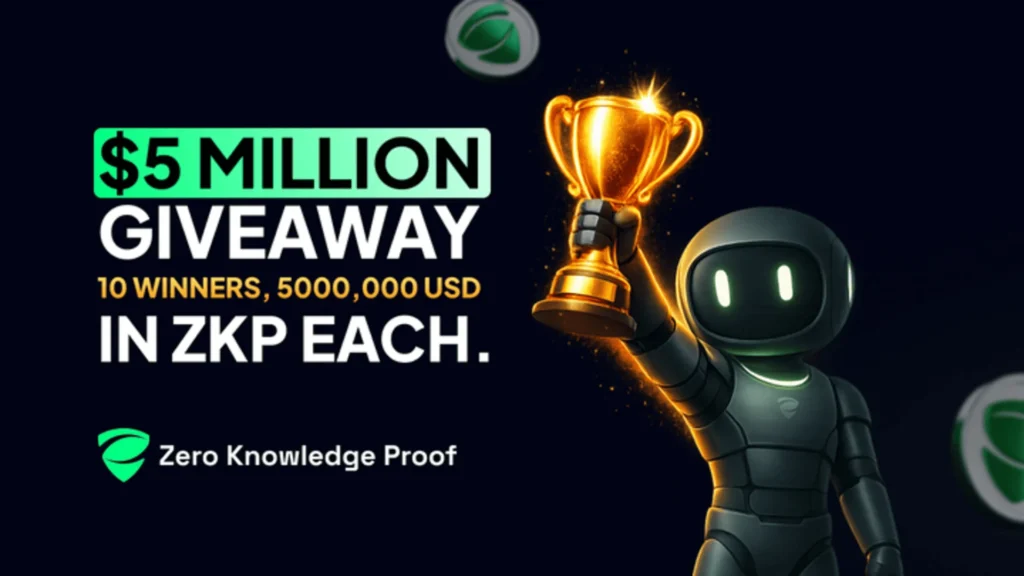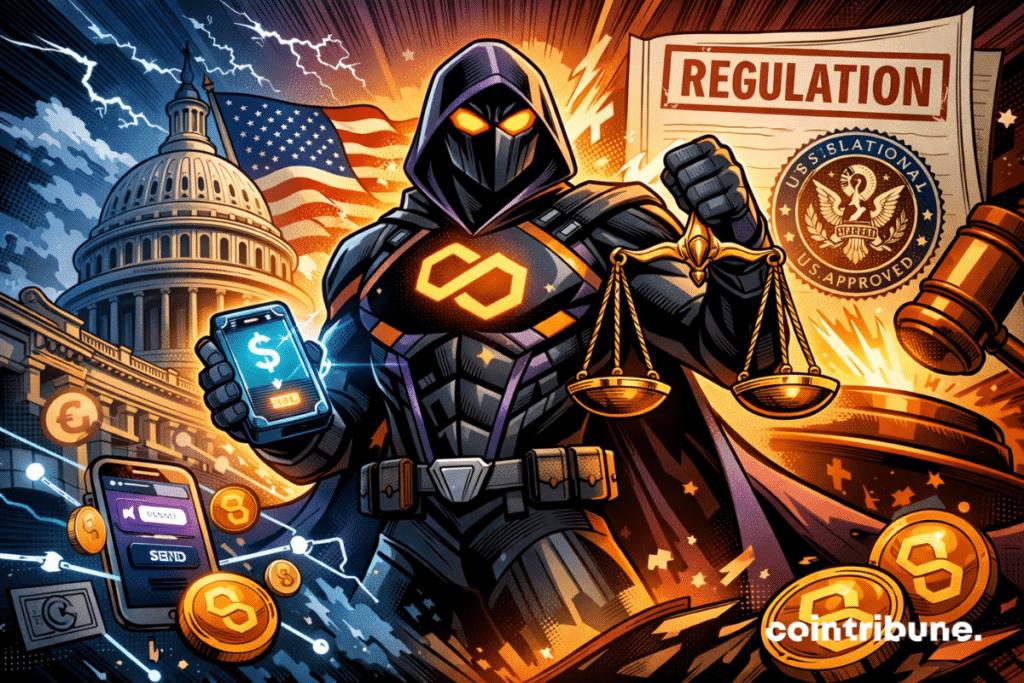News
Stay up to date on the latest crypto trends with our expert, in-depth coverage.

1Bitget Daily Digest (Jan.16)|CME to Launch ADA, LINK and XLM Futures on Feb 9; Bitmine Purchases 24,068 ETH; Polygon Lays Off 30% to Pivot Toward Stablecoin Payments2Atomic Wallet raises red flags in viral $479k Monero loss claim3Bitcoin Sheds 30% of Open Interest: Is a Rebound Imminent?

Here’s Why Analysts are Linking Early Participation in Zero Knowledge Proof’s (ZKP) Presale Auction to 10x–100x Returns
BlockchainReporter·2026/01/14 13:00

Wells Fargo Earnings Affected by Severance Costs as Workforce Reduced by 5,600
101 finance·2026/01/14 12:57

Bank of America (NYSE:BAC) Reports Q4 CY2025 Revenue Surpassing Expectations
101 finance·2026/01/14 12:57

BofA Exceeds Expectations with Strong Trading Performance and Increased Lending Income
101 finance·2026/01/14 12:51

Wells Fargo (NYSE:WFC) Falls Short of Q4 CY2025 Revenue Projections
101 finance·2026/01/14 12:51

Crypto: Polygon wants to become a regulated payment platform in the United States
Cointribune·2026/01/14 12:33

US Home Loan Interest Rates Drop to Among the Lowest Points Seen Since 2022
101 finance·2026/01/14 12:27

Xi Greets a Wave of Leaders Unsettled by Trump’s Changing Global Order
101 finance·2026/01/14 12:21


Growing Numbers of Options Traders Expect No Rate Reductions from the Fed in 2026
101 finance·2026/01/14 12:06
Flash
03:22
Hurun releases China’s Top 50 Artificial Intelligence Companies, with Cambricon ranking first at a value of 630 billions yuanPANews, January 19 – According to the "2025 Hurun China Top 50 AI Companies" released by the Hurun Research Institute, AI chip company Cambricon tops the list with a value of 630 billion yuan, up 165% from last year; domestic GPU leader Moore Threads ranks second with a value of 310 billion yuan; and Enflame Technology, one of the first Chinese companies to achieve full-process domestic high-end GPU production, ranks third with a value of 250 billion yuan.
03:17
Animoca Brands co-founder: The fundamentals for continued growth in crypto gaming remain strongForesight News reported that Animoca Brands co-founder Yat Siu tweeted, "The fundamentals for the continued growth of crypto gaming remain solid. The market is huge (over 3 billion users), users are familiar with virtual goods and virtual currencies, and the importance of digital-first and native experiences is obvious. Challenges certainly exist, but they will ultimately be overcome."
03:15
Data: In 2025, U.S. tariff revenue reached a record high of 264 billion dollars, a year-on-year increase of 234%.Jinse Finance reported that, according to The Kobeissi Letter, U.S. tariff revenue in 2025 surged by 234% year-on-year, reaching a historic high of $264 billion, an increase of $185 billion compared to 2024. In December alone, tariff revenue increased by $21 billion, a year-on-year surge of 300%, reaching $28 billion. In both November and October, tariff revenue was $31 billion. In the second half of 2025, the average monthly tariff revenue was about $30 billion. Based on this growth rate, tariff revenue in 2026 is expected to rise to $360 billion, a further year-on-year increase of 36%. Tariff revenue is skyrocketing at an unprecedented rate.
News